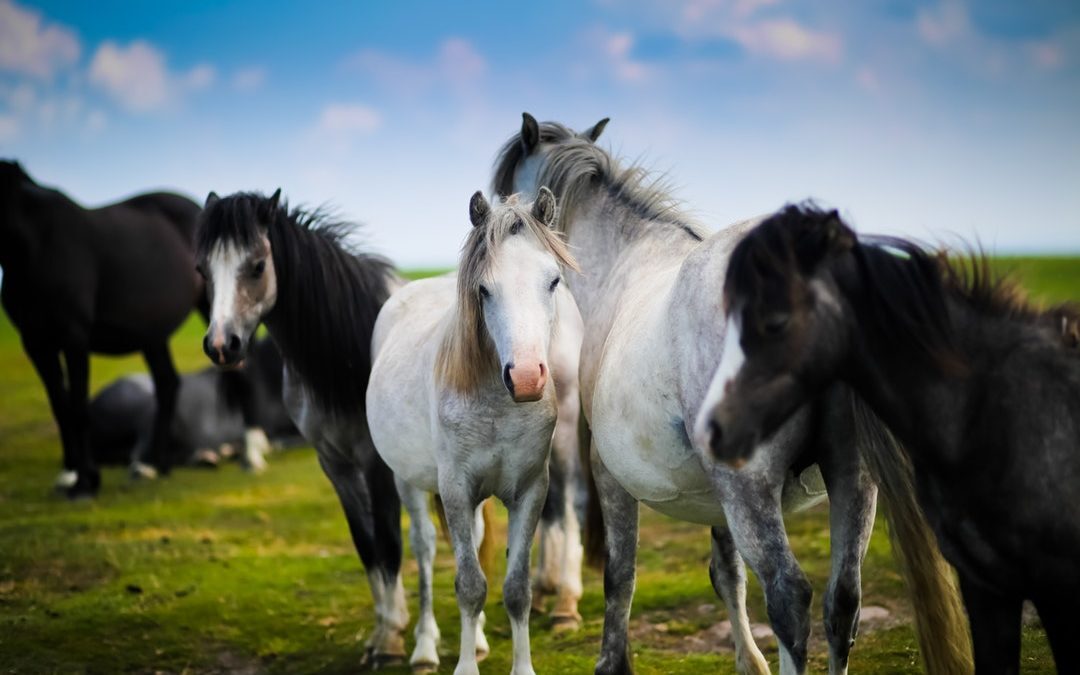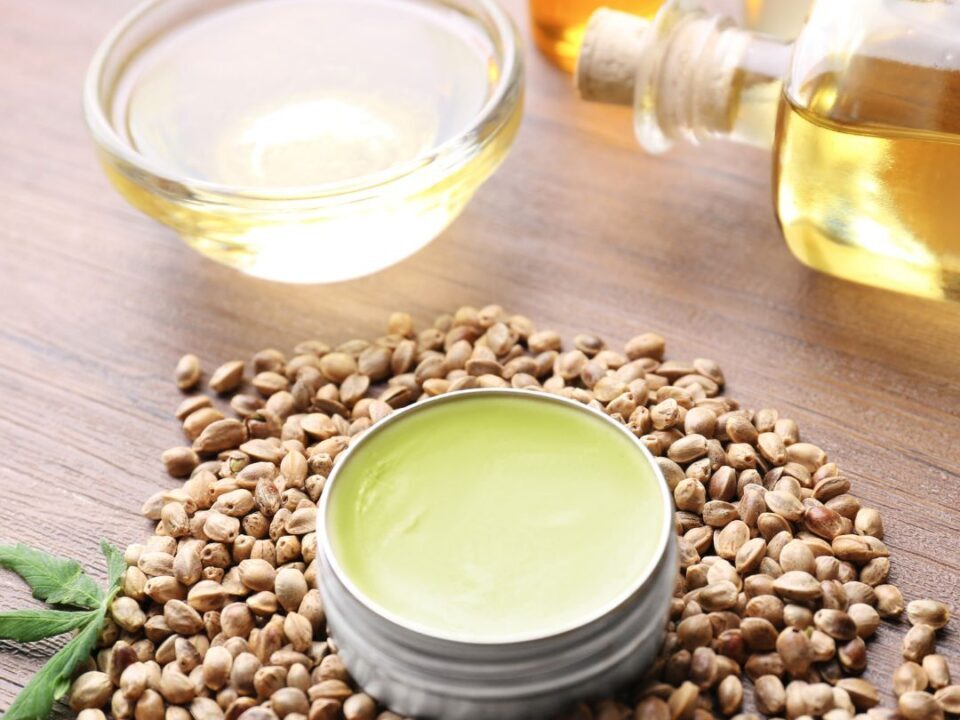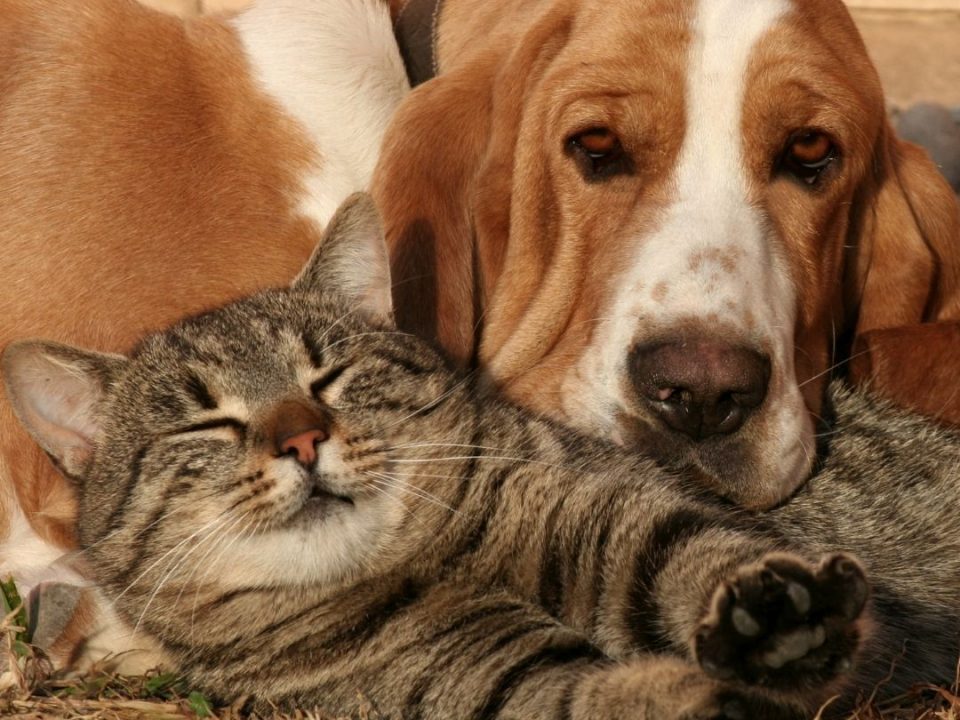Let’s find out.
How Does CBD Work for Horses?
The reason CBD works for humans and dogs is that it reacts with the endocannabinoid system. All animals have this internal functioning that allows their bodies to benefit from the cannabinoids present in the hemp plant.
In the simplest terms, the endocannabinoid system works to maintain homeostasis between the cells of the organism. It’s active inside the body, with or without the presence of CBD.
Usually, the ECS works through a complicated system of receptors and transmitters that signal your own internally-created endocannabinoids to take action in some way. Usually, this will be to preserve or restore some or other bodily functions.
While the workings of the ECS are still shrouded in some mystery, it’s thought that CBD helps to prevent the degradation of these endocannabinoids so that they can function more efficiently.
One thing that we do know is that CBD has few negative side effects on its animal or human host and, if anecdotal evidence means anything, it works.
Is It Safe to Give My Horse CBD?
Yes, CBD is totally safe for any animals since it’s a naturally-occurring substance. It rarely has side-effects and if it does these are usually mild cases of diarrhea, drowsiness, or dry mouth.
However, the THC found in cannabis is a powerful psychoactive compound. As such, it’s not recommended for animal use and may even be poisonous to them.
Hemp contains no THC.
If you decide to give your horse or dog CBD, make sure you’re getting your supply from a reputable supplier. That way you know for sure there’s no THC in the formula you’re giving your animals.
It’s also important to check that your supplier has third party lab testing results available. The Certificate of Analysis in these results verifies the CBD content of their product and lists all the ingredients contained in it.
Why would you want to give your horse CBD? Read on to find out.
How Can Horses Benefit From CBD?
CBD for horses benefits equines in numerous ways. To understand how this works, we need to go back to the ECR.
For starters, the endocannabinoid system’s associated with several functions, like:
- appetite
- digestion
- immune function
- inflammation
- mood
- sleep
- temperature
- memory
From this, we can see that CBD may tick quite a few boxes when it comes to ensuring your horses’ ongoing health.
In the same way that CBD works for anxiety in humans, it seems to work wonders for fractious animals, or those suffering from stall or trailer anxiety. Since it’s a less harmful treatment, many horse owners have ditched the pharmaceutical calming pastes and powders, opting to try CBD for anxious horses instead.
CBD’s also used as a treatment for laminitis, recurring colic, arthritis, ulcers, and to assist in recovery after surgery.
How Do I Administer CBD for Horses?
Due to their large size, one would think horses need a huge amount of CBD to benefit. Surprisingly, according to veterinary specialists, horses need less frequent, lower doses than other animals.
Although it varies from horse to horse according to whatever you’re treating, a rule of thumb for dosing horses with CBD is between 0.25 and 1 milligrams per kilogram. Some people prefer to start with 40 mg per horse and increase the dosage until they get the desired results.
Starting slow and increasing the dose gradually is the important part, so don’t worry if you think you’re giving your horse too little at the outset or you don’t see results right away.
The following dosages usually work best for different size horses but you should view these as your aim, not a starting point:
- 25 to 50 mg for miniature horses
- 75 to 170 mg for ponies and medium-sized horses
- 120 to 200 mg for large breeds like warmbloods
Once you’ve decided on how much to give your horse, the next issue is how to give it to them. The best way to avoid confusion is to simply follow the instructions on the bottle.
The Different Types of CBD for Horses
There are a few ways to give your horse their daily dose of CBD. These are:
- Capsules
- Powders
- Pellets
- Pastes
- Oil
Usually, pastes are one of the most reliable ways to administer CBD. You smear it under the horse’s tongue. They usually hold well in the horse’s mouth and become absorbed quickly.
You can add oils, powders, and pastes to their food but then you never know if they’ve eaten the correct dosage. If they’re compliant you can also feed them pellets by hand like you would give them an ordinary treat.
Apart from the orally-administered types of CBD, you can also use CBD salves and ointments to help reduce stiffness, or to assist with wounds or insect bites.
Full-spectrum CBD is best for horses. Unlike CBD isolate, full-spectrum CBD hasn’t had anything taken away from it.
Remember, CBD is just one of the 113 cannabinoids found in hemp. Since we don’t know how all of these work and if they work together, it’s best to embrace the whole package.
What’s The Next Step?
Before you give your horse any new form of medication, it’s always a good idea to chat with your veterinarian first. Veterinarians aren’t currently allowed to prescribe CBD for horses, but they’re allowed to give you their opinion.
If you get the all-clear from them and you’re keen to try CBD for your horse, you’ve got nothing to lose by trying it out.
Browse our range of equine CBD products or get in touch for more information.





